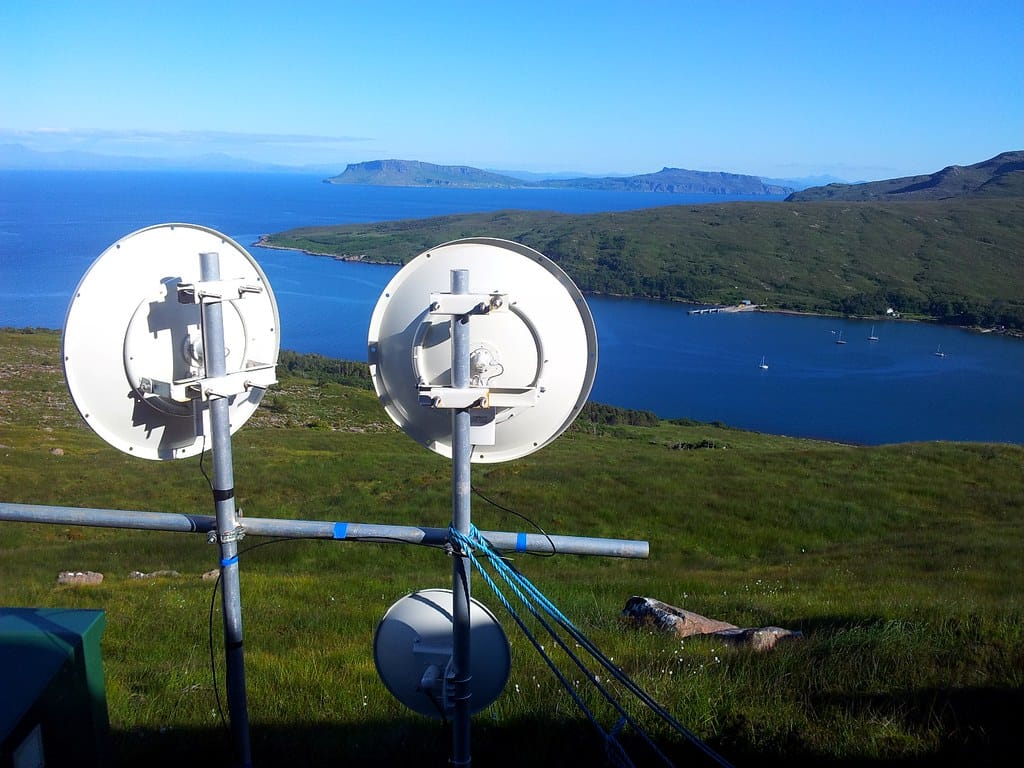Minnesota Broadband Organizations Call for Changes to State Broadband Legislation
The organization says that Article 10 will raise costs, increase bureaucracy, and decrease investments in broadband
Corey Walker

May 10, 2024 — Leaders representing several broadband providers across the state of Minnesota are publicly urging state lawmakers to drop Article 10 of the House Labor Omnibus bill, citing that it would increase costs, increase bureaucracy, and decrease investments for broadband deployment.
The letter, which was sent to Democratic Gov. Tim Waltz, urged the state to make key changes to the House Labor Omnibus bill, HF 5242.
The organizations, which include Minnesota Cable Communications Association, Minnesota Telecom Alliance, and WISPA, the Association for Broadband Without Boundaries, suggested that the state would fall short of federal mandates in the Broadband Equity Access Deployment program due to the regulations.
“Minnesota has a once-in-a-generation chance to meet our 2026 goal and provide high speed broadband to every Minnesotan under the BEAD and Border-to-Border grant programs. This new law will make that impossible, adding significant new costs and expenses to build networks. Providers may simply choose not to participate, potentially leaving $652 million in federal funding and a significant investment of private matching investment on the table,"wrote Melissa Wolf, executive director of the Minnesota Cable Communications Association
"It will make Minnesota less competitive and halt efforts to reach underserved populations who are still waiting for access to fast, reliable internet. This makes Minnesota an outlier when we’re so close to closing the digital divide,” Wolf continued.
The letter laments the creation of a “burdensome” new broadband installer certification program as mandated by Sections 3 and 4 of Article 10. The organizations argue this program will add unnecessary bureaucracy and increase workforce shortages in a sector already struggling to find labor. The letter also accuses supporters of this certification mandate of cherry-picking misleading data to make broadband deployment seem unsafe.
“Our industry is committed to not only providing fast, reliable internet and broadband services, but also to the safety of our workers and the communities we serve. This legislation only focuses on one aspect of underground broadband installation, rather than taking a holistic approach,” said said Brent Christensen, CEO of the Minnesota Telecom Alliance, “Under the guise of safety, this legislation wants to create complicated new training requirements that will halt projects across the state. It’s a solution in search of a problem.”
The letter also took shots at Sections 1 and 2 of Article 10, which aim to saddle BEAD projects with a “prevailing wage.” The organizations argue this move would decrease investment into broadband projects. Prevailing wage jobs in construction typically set a minimum wage that workers must be paid.
“BEAD funds represent the opportunity to fully close the digital divide. Now, some state lawmakers want to jeopardize a more than $1.3 billion investment from this public-private partnership.
Rural and underserved communities have already waited far too long for broadband access – Minnesota cannot afford policies that leave these communities stuck in the last century when it comes to broadband access,” Steven Schwerbel, state advocacy manager for WISPA, said.









Member discussion